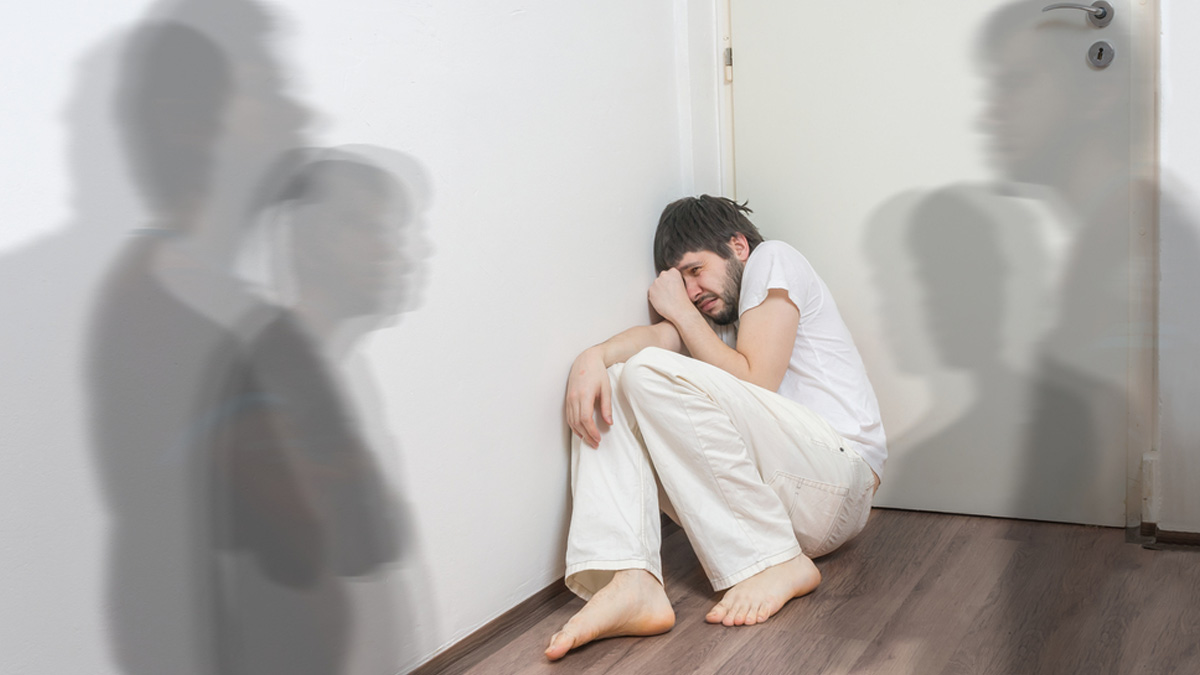

Narcolepsy is a chronic neurological disorder, the symptoms of which sound straight out of a psychological thriller movie. It causes sudden and uncontrollable sleep attacks, which can be especially dangerous while driving, at the office, and even when walking around in broad daylight. Coupled with sleep paralysis and hallucinations, narcolepsy can severely impact your health and lifestyle.
Causes of Narcolepsy

The National Institute of Neurological Disorders and Stroke informed that currently there is no known cause of narcolepsy. Scientists believe that one key factor in developing narcolepsy is the deficiency of a neurotransmitter called hypocretin, which plays a crucial role in regulating sleep. This deficiency is typically an autoimmune disorder.
This sentiment was relayed by Dr Pavan Pai, Consultant Interventional Neurologist, Wockhardt Hospitals, Mira Road. In a conversation with the team of OnlyMyHealth, he shared, “The cause of narcolepsy is complex and not fully understood. It’s thought to involve a combination of genetic, environmental, and autoimmune factors. Research is ongoing to uncover more about its underlying causes.”
Symptoms of Narcolepsy
The first step towards dealing with narcolepsy is identifying its symptoms. Dr Pai said, “Awareness about narcolepsy varies, but generally, it’s not as well-known as other conditions. People with narcolepsy might have varying levels of awareness about their own condition.”
Dr Pai shared that there are five main symptoms of narcolepsy, referred to by the acronym CHESS- Cataplexy, Hallucinations, Excessive daytime sleepiness, Sleep paralysis, and Sleep disruption). He added, that while all patients with narcolepsy experience excessive daytime sleepiness, they may not experience all these five symptoms:
- Excessive Daytime Sleepiness: People with narcolepsy often feel overwhelmingly tired during the day, leading to difficulty in staying awake and alert, even in stimulating situations.
- Cataplexy: Cataplexy is a sudden muscle weakness or loss of consciousness triggered by strong emotions such as laughter, anger, or surprise. It can cause muscle weakness or complete collapse, resembling a sudden loss of consciousness.
- Sleep Paralysis: Sleep paralysis is a temporary inability to move or speak while falling asleep or waking up. It can be accompanied by hallucinations and a feeling of pressure on the chest.
- Hypnagogic Hallucinations: These are vivid, dream-like experiences that occur when falling asleep. They can be confusing and frightening.
- Disrupted Nighttime Sleep: People with narcolepsy may experience disrupted nighttime sleep, including frequent awakenings and difficulty maintaining a regular sleep schedule.
Treating Narcolepsy

Unfortunately, there is no cure for narcolepsy as of now. However, various treatment approaches can help manage its symptoms and improve the quality of life for those affected.
Keep in mind that narcolepsy is not a condition that should be taken lightly. Immediately consult a physician if you suspect that you have any of the above-mentioned symptoms. The physician will then recommend you to a neurologist, a sleep medicine expert, or a psychiatrist, depending on the nature of your condition. Some of the treatment options that the medical specialist could recommend are:
- Stimulant Medications: Certain medications can help you to deal with excessive daytime sleepiness and improve wakefulness.
- Antidepressants: Selective serotonin and norepinephrine reuptake inhibitors can be prescribed to manage cataplexy, sleep paralysis, and hallucinations.
- Sleeping Pills: Certain medications can help improve nighttime sleep and reduce cataplexy episodes.
- Lifestyle Adjustments: Establishing a regular sleep schedule, practising good sleep hygiene, and avoiding caffeine, heavy meals, and screens close to bedtime can help manage symptoms.
- Supportive Therapies: Cognitive-behavioral therapy (CBT) and counselling can assist in coping with the emotional and psychological impact of narcolepsy.
Living with Narcolepsy
Life can be quite an ordeal if you suffer from seriously debilitating health issues that have no known cure, or even a particular cause. Living with narcolepsy might seem like you have been dealt poor cards in life. But that should never discourage you from seeking treatment. If you suspect you or someone you know may have narcolepsy, consulting a healthcare professional is the first step toward diagnosis and appropriate treatment. Educate yourself about this neurological disorder, seek credible and timely treatment, be patient, and most importantly, do not lose hope. While narcolepsy can be challenging, with proper care and support, you too can lead a fulfilling life.
اكتشاف المزيد من ينبوع المعرفة
اشترك للحصول على أحدث التدوينات المرسلة إلى بريدك الإلكتروني.
